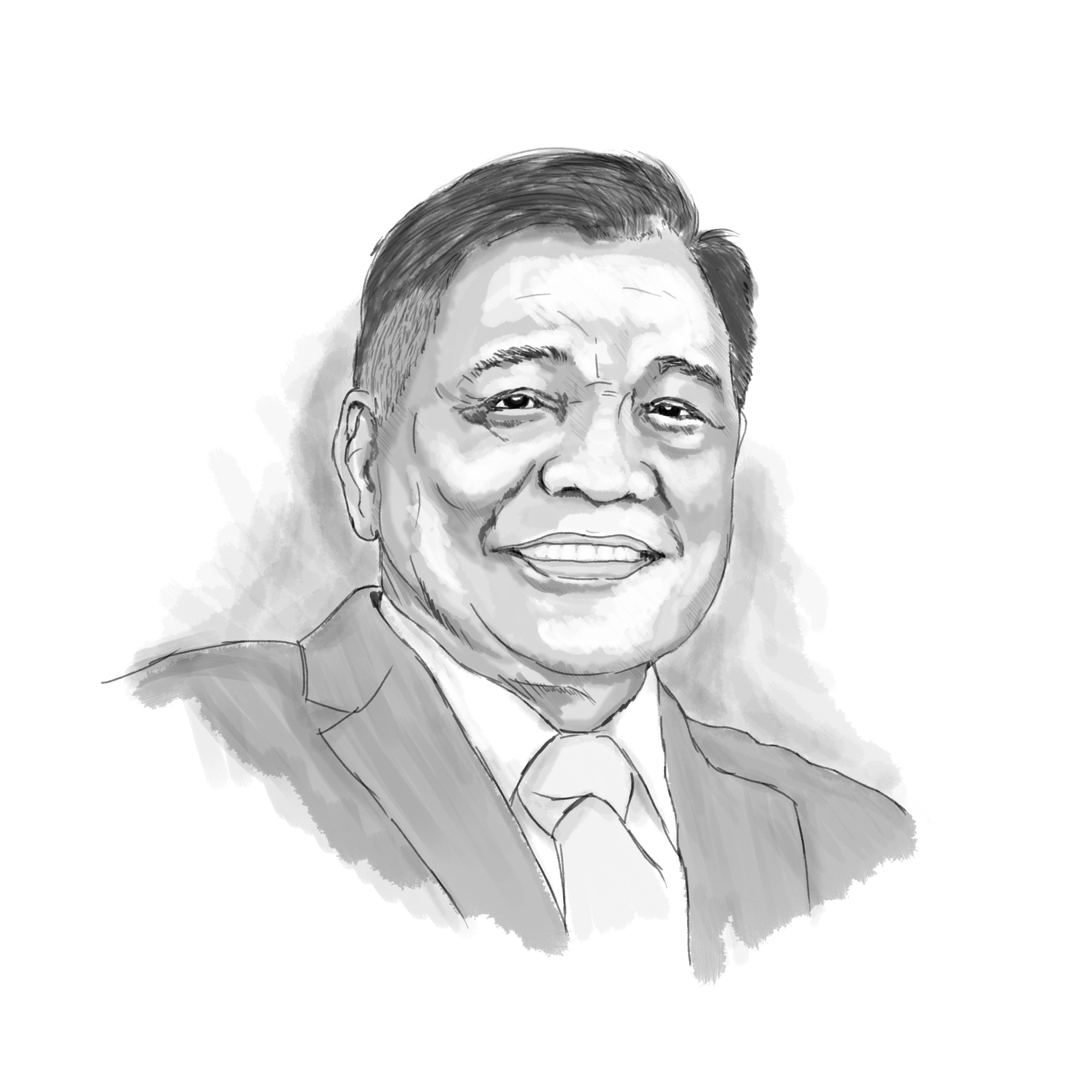FINDING ANSWERS

Despite public outcry and reform efforts, corruption remains a big problem in the Philippines. From petty bribery to large-scale plunder of public funds, pervasive corruption has defied solution for decades.
Our country still ranks among the corruption-plagued in the world, according to the latest Corruption Perceptions Index (CPI) of Transparency International, a global movement aiming to “stop corruption and promote transparency, accountability and integrity at all levels and across all sectors of society.”
On a scale of zero (highly corrupt) to 100 (very clean), our CPI score is 34 points, a far cry from the international average score of 43 and the regional average of 45 among countries in Asia Pacific. Out of 180 countries in 2023, the Philippines was at 115th rank, one spot better than 116th in 2022 and two spots from the worst-ever showing of 117th place in 2021.
The Philippines was behind countries like New Zealand (83), Singapore (83), Australia (75), Hong Kong (75), Japan (73), Bhutan (68), Taiwan (67), South Korea (63), Malaysia (50), Timor-Leste (43), China (42), Vietnam (41), India (39), Nepal (35), and Thailand (35), but tied with Indonesia and Sri Lanka which also scored 34.
Endemic corruption not only drains scarce resources, that could be put to good use in much-needed public services like health and education, but also undermines trust in institutions, stalls economic development, and exacerbates inequality. In such a challenging environment, the pursuit of integrity emerges as both a necessity and formidable task.
Thus, President Ferdinand “Bongbong” Marcos Jr. (PBBM) is certainly right when he said last week, at the 5th State Conference on the United Nations Convention Against Corruption Implementation and Review, that the practice of integrity in the daily lives of Filipinos is vital in battling corruption.
“With this conference’s theme, ‘Pagpapatibay ng Kultura ng Integridad sa Bagong Pilipinas (Strengthening a Culture of Integrity in a New Philippines),’ we are called to go beyond implementing policies and protocols, and to look deep into our core values to strengthen the culture of integrity,” he pointed out.
“We must shift away from merely enforcing compliance with laws, rules and regulations, to steering our people toward the practice of integrity in their daily lives. Integrity that is rooted in katapatan (honesty), malasakit (caring), pakikipag-kapwa (fellowship), and bayanihan (cooperation) – these need to be reinforced and sustained,” PBBM said.
A culture of integrity is undoubtedly essential as countermeasure amid widespread belief or expectation that one inevitably gets rich by joining government service. Such “cultural belief” is so deeply engrained that it comes as a great surprise when a poor fellow who gets appointed to a “juicy” post remains poor. Many think that something must be terribly wrong with the poor guy.
Thus, a cultural revolution is essential. A national movement of enlightened Filipinos, consisting mainly of parents committed to inculcate in their children good values like honesty, integrity, and trustworthiness could bring about much-needed change to a mindset that foments corruption.
PBBM said a two-pronged strategy is now in use to fight corruption. The first aspect involves streamlined and digitalized processes through the eGovernment PH application and eMarketplace, as well as the New Government Procurement Act that he earlier signed into law to establish standardized electronic bidding and payment systems through the Philippine Government Electronic Procurement System.
“The integration of data analytics with the procurement process facilitates informed decision-making by procuring entities and the identification of suspicious, fraudulent, and non-competitive practices. This will, in turn, provide transparency and proactive government monitoring, thereby ensuring judicious government spending,” he explained.
The second strategy is empowering people to participate in good governance with the electronic Freedom of Information platform. The national budget is now published online, PBBM said, “allowing our people to know how much and for what public funds are being spent on.” He said the efforts align with the Integrity Management Program or IMP, a tool to enhance both individual and systems integrity across the bureaucracy.
“Together, these interconnected efforts form a unified approach to fostering a government that is efficient, accountable, and reflective of a nation committed to placing honor and integrity over self-interest,” PBBM said.
Also combating corruption is RA 11032 or the Ease of Doing Business and Efficient Government Service Delivery Act of 2018 that created the Anti-Red Tape Authority (ARTA) which has jurisdiction over “all government offices and agencies including local government units (LGUs), government-owned or controlled corporations and other government instrumentalities, whether located in the Philippines or abroad, that provide services covering business and nonbusiness related transactions.”
In a recent Kapihan sa Manila Prince Hotel news forum, ARTA Director-General Sec. Ernesto Perez said the mantra of his office “is to replace red tape with red carpet” whereby government processes are made easier thru streamlining and digitalization.
He said LGUs that have set up and operationalize their electronic Business One Stop Shop (eBOSS) have seen increased business registration and revenue collection. Sadly, only a mere 112 of 1,493 municipalities and 149 cities have become compliant with RA 11032 on setting up their eBOSS.
It is obvious, therefore, that an amendment or a new law is necessary to speed up LGU compliance. Time is of the essence and the law should have more teeth, for our country to further spur and speed up economic development. ([email protected])